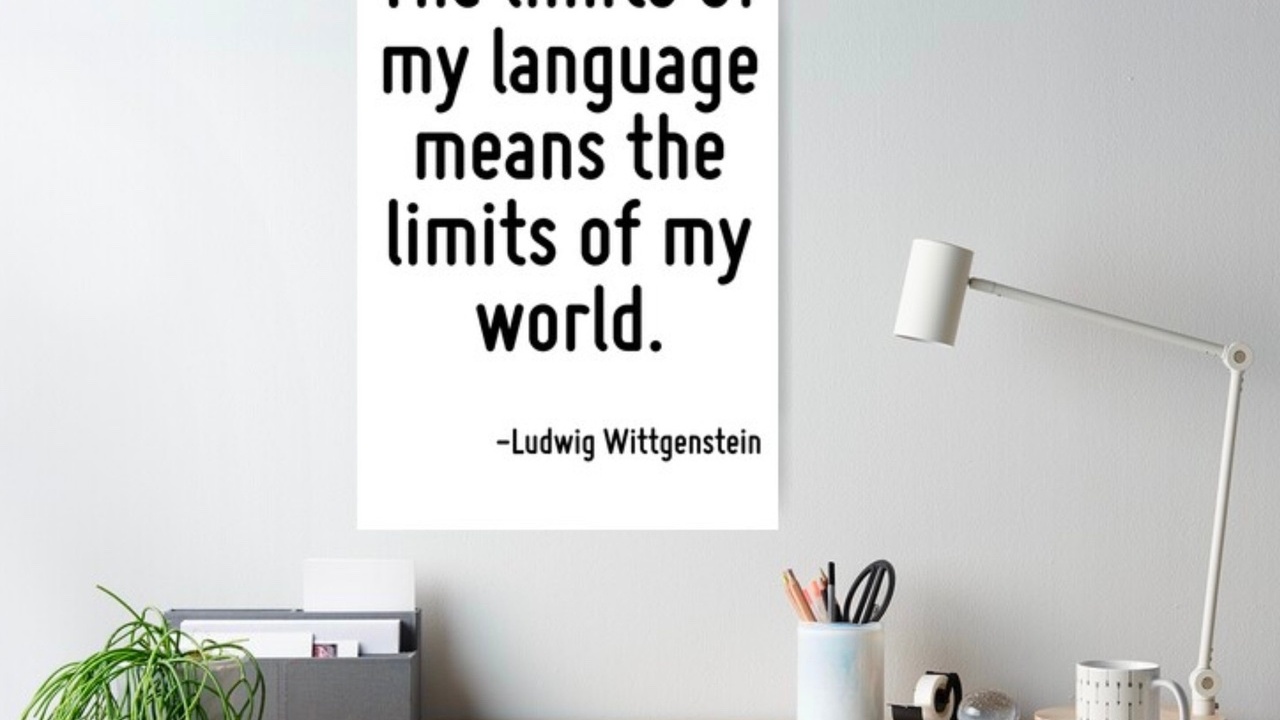Limits of my Language …
Jan 09, 2023
… And to date, I still have not yet quoted Dr. Brene Brown! I dared myself (‘greatly!’) to review other topics first…
Why are relationships suffering today? The divorce rate is high. Drinking and drugging ourselves to numb our pain and shame is becoming more and more popular. Anxiety is through the roof. Children are not happy. Adults are lonely. Relationships seem more complex than ever.
What is going on?
What can we do to ensure a better future for ourselves and our children? What can we do differently to help them create secure relationships in an insecure world?
Dr. Brown quoting philosopher Ludwig Wittegenstein: “The limits of my language mean the limits of my world.” Today's typical adult - and therefore children - have a limited emotional vocabulary. In fact, most people express their experiences as either mad, sad or happy.
When I see couples in therapy I enjoy daring them to come up with as many ‘emotion’ words as they can. They typically roll their eyes and see this as baby talk, but when push comes to shove, they can name 4-5 emotions. Tops. Of course, they understand other emotions — it's just that these other, more nuanced emotions are not words that come easily to them and certainly are not used in daily conversations. (You may think that the men are worse, but really it's 50/50).
What happened to all of our other emotions? Shame, worry, fear, embarrassment, love, anxiety, hurt, surprise, frustration, disappointment, grief, despair, pride, guilt? And all the other emotions that the human brain can identify and feel?
Brene Brown writes, “Limiting our language is directly linked to blocking our connection, healing, learning and self awareness”. Having access to the correct emotion language in order to share a feeling or an experience opens up universes. Without the proper language, we can’t share accurately what we are feeling. And when we can’t accurately share what we are feeling, we struggle to get our needs met.
Why is this important?
Consider this example. Assume you only know what one body part is called. And you call every body part your “foot.” You go to a doctor and you say that your foot hurts. They x-ray and examine your foot. Eventually the doctor tells you that your foot is fine. But it’s your arm that is in agony and likely broken. So you leave the doctor’s office feeling uncomfortable, invalidated, misunderstood and frustrated with no ability- and no language- to have your needs met.
(I know the literal ones among us are wondering why you can’t just point to the arm. It was A Blind Doctor. Ok? 🤨)
Wait. There’s more. Language not only communicates our emotions to others, it relieves us of the intensity of our own emotions when we’re able to identify and communicate the experience with words.
Name it to tame it.
“Learning to label emotions with a more nuanced vocabulary can be absolutely transformative,” according to Harvard Psychologist Susan David.
If there is one thing that I want to scream from the rooftops (I can have a duet with Dr. Brene Brown - picturing the scene) it is that we MUST teach ourselves and our children to feel, identify, describe, and convey the full gamut of our emotions. Because in order to have more real relationships, and more meaningful lives, we and our children must be able to connect to one another by sharing the specific and nuanced emotions that we are feeling.
And, yes, I realize that the very literal ones among us are still wordering how the doctor examined the foot if he couldn’t see…………
💞, SHIFI




